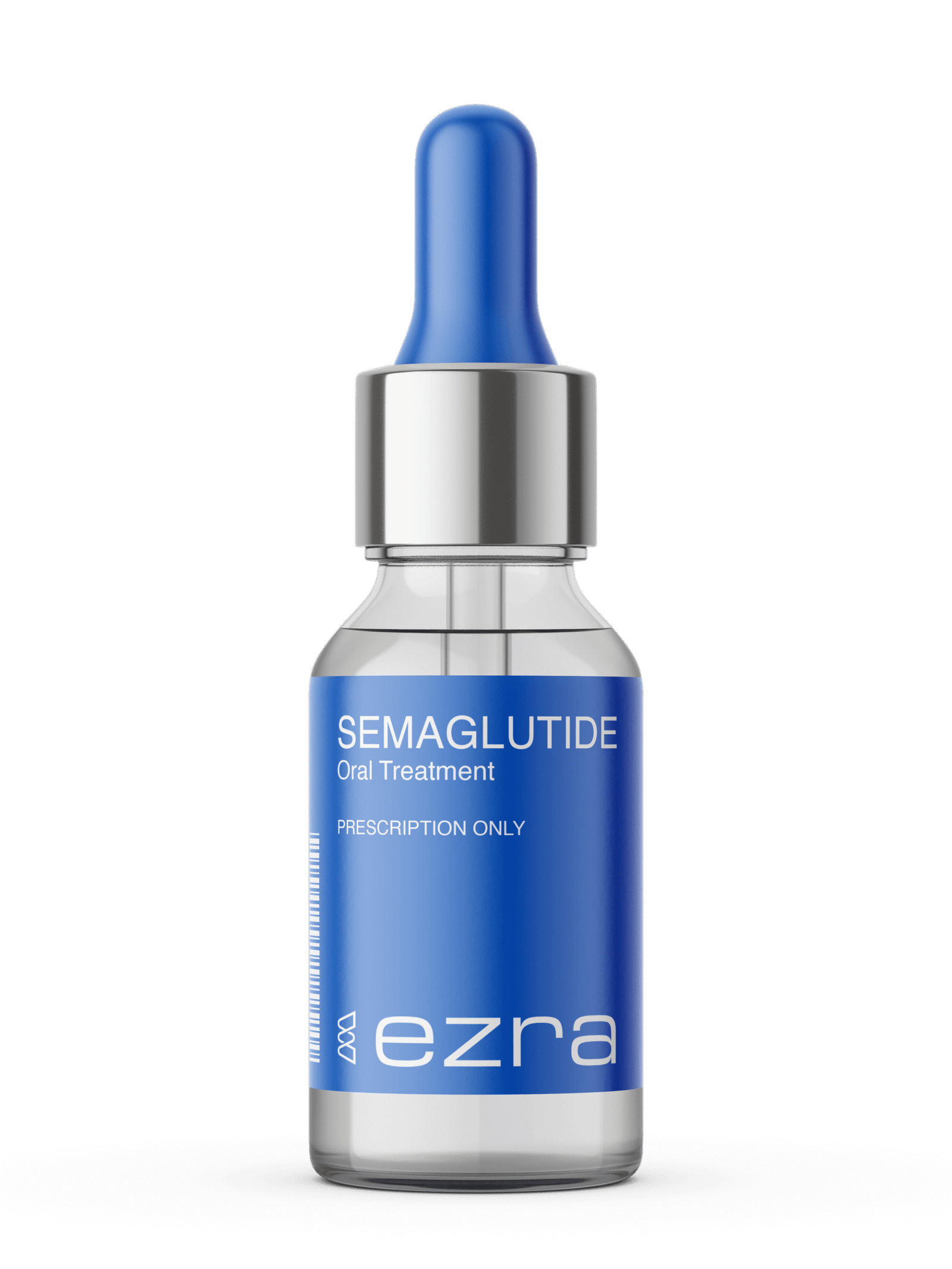Navigating Home Trouble: Short Sale vs. Foreclosure.
Financial hardship can strike anyone, and when it does, homeowners may find themselves struggling to keep up with mortgage payments. When missed payments accumulate, lenders may begin to explore options to recover their investment. For the homeowner, two common outcomes are a short sale vs. foreclosure. While both involve giving up the property, they differ significantly in process, consequences, and long-term impact. Understanding these differences can help homeowners make informed decisions during a stressful time.
What Is a Short Sale?
A short sale occurs when a homeowner sells their property for less than the remaining mortgage balance, with the lender’s approval. The proceeds from the sale go directly to the lender, who may agree to forgive the outstanding debt.
Short sales are usually initiated by the homeowner, but they require the lender’s consent since the lender is accepting less than what is owed. Though often complex and time-consuming, short sales allow homeowners some control over the sale and can be less damaging to their financial future.
What Is Foreclosure?
Foreclosure is a legal process through which the lender takes ownership of the property after the homeowner defaults on the mortgage. The lender then sells the home, often at auction, to recover the debt.
Unlike a short sale, foreclosure is typically initiated by the lender. Once the process begins, the homeowner has little control over the outcome. Foreclosure can be quicker than a short sale, but it usually carries harsher financial and emotional consequences for the homeowner.
Impact on Credit Score
Both short sales and foreclosures negatively affect credit scores, but to different degrees. A foreclosure can reduce a credit score by 150 to 200 points and remain on a credit report for up to seven years. This can make securing loans, renting property, or even finding employment more difficult.
A short sale, while still damaging, is often viewed more favorably by creditors. The impact varies depending on how the lender reports the sale, but it generally results in a smaller drop in credit score compared to foreclosure.
Eligibility for Future Loans
Homeowners who go through foreclosure often face longer waiting periods before qualifying for new mortgages – commonly up to seven years. In contrast, those who complete a short sale may be eligible for a mortgage within two to four years, depending on the lender and overall financial health.
This distinction is crucial for homeowners who hope to re-enter the housing market sooner rather than later.
Emotional and Practical Considerations
Beyond financial consequences, both options carry emotional weight. Foreclosure can be particularly distressing because it often involves eviction and loss of control over the process. It may also carry a social stigma, leaving homeowners feeling defeated.
Short sales, though still difficult, can provide a sense of closure and dignity. Homeowners can remain involved in the sale, negotiate with buyers, and avoid the abruptness of eviction. This element of control can make the experience less overwhelming.
Which Option Is Better?
The “better” option depends on individual circumstances. A short sale is often preferable when:
- The homeowner can find a buyer.
- The lender is willing to cooperate.
- Preserving credit and reducing debt are priorities.
Foreclosure may become inevitable when:
- The homeowner cannot secure a buyer.
- The lender refuses a short sale.
- Financial hardship prevents maintaining the property during the sales process.
Seeking professional advice from financial counselors or real estate experts can help homeowners choose the path that best aligns with their goals and situation.
Final Thoughts
Facing the possibility of losing a home is never easy, but knowing the differences between short sale vs. foreclosure empowers homeowners to make informed choices. While foreclosure is more damaging and less flexible, a short sale offers opportunities for greater control and a faster financial recovery. Both paths carry challenges, but neither marks the end of stability or homeownership forever.


